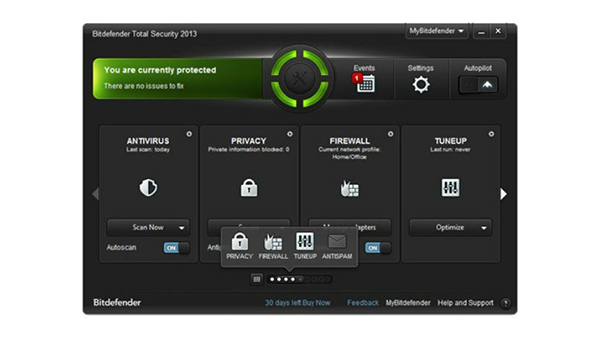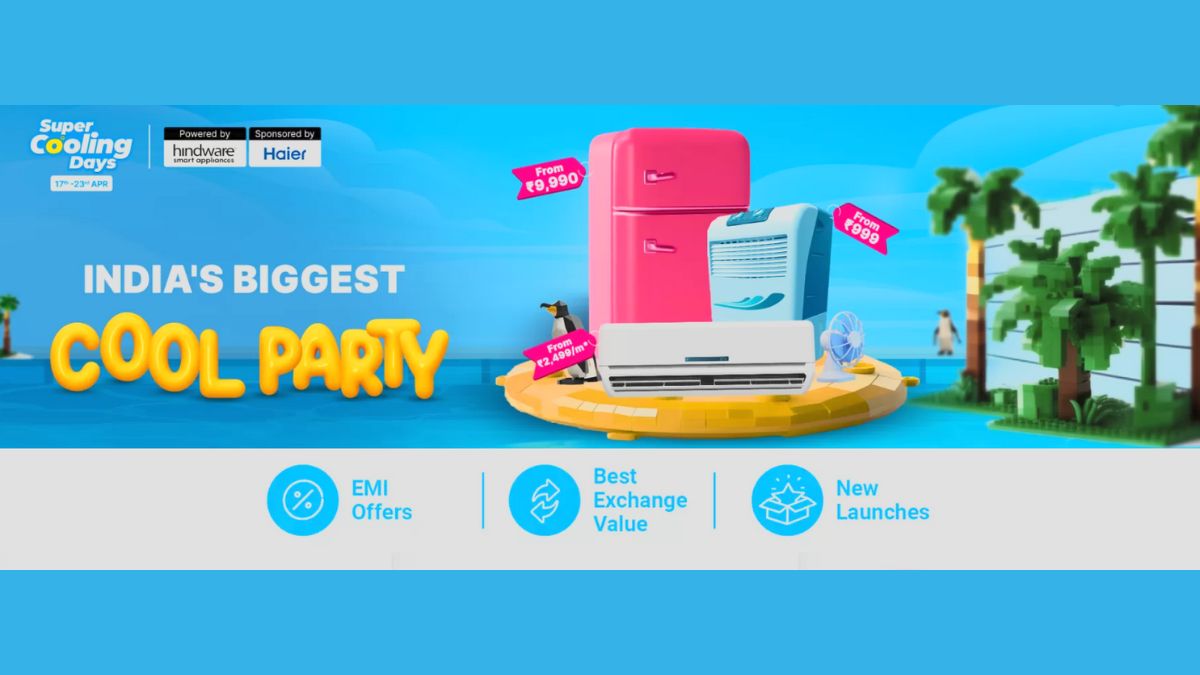Just In
- 12 hrs ago

- 12 hrs ago

- 13 hrs ago

- 13 hrs ago

Don't Miss
- Finance
 1:3 Bonus Share, Rs 13.25/Share Dividend: Buy Maharatna PSU, TP Rs 355, Fundraise Approved
1:3 Bonus Share, Rs 13.25/Share Dividend: Buy Maharatna PSU, TP Rs 355, Fundraise Approved - Lifestyle
 Kamada Ekadashi 2024 Wishes: Greetings, Messages, Texts, Images, Twitter Status And Instagram Captions
Kamada Ekadashi 2024 Wishes: Greetings, Messages, Texts, Images, Twitter Status And Instagram Captions - Sports
 Who Won Yesterday's IPL Match 33? PBKS vs MI, IPL 2024 on April 17: Mumbai Indians Escape Last-Ditched Fight by Punjab Kings To Win
Who Won Yesterday's IPL Match 33? PBKS vs MI, IPL 2024 on April 17: Mumbai Indians Escape Last-Ditched Fight by Punjab Kings To Win - Movies
 Do Aur Do Pyaar OTT Release Date & Platform: When & Where To Watch Vidya Balan’s Film After Theatrical Run?
Do Aur Do Pyaar OTT Release Date & Platform: When & Where To Watch Vidya Balan’s Film After Theatrical Run? - News
 BRS Chief K Chandrasekhar Rao Slams BJP, Says K Kavitha's Arrest Is Vendetta Politics
BRS Chief K Chandrasekhar Rao Slams BJP, Says K Kavitha's Arrest Is Vendetta Politics - Automobiles
 Aprilia RS 457 Accessories: A Detailed Look At The Prices
Aprilia RS 457 Accessories: A Detailed Look At The Prices - Education
 Karnataka SSLC Result 2024 Soon, Know How to Check Through Website, SMS and Digilocker
Karnataka SSLC Result 2024 Soon, Know How to Check Through Website, SMS and Digilocker - Travel
Telangana's Waterfall: A Serene Escape Into Nature's Marvels
3 types of antivirus scans and when to use them
Annoyed of malware affecting your PC or laptop? Here's how to use different types of scans to get rid of them.
Originally, Antivirus programs were developed with the intention of combating viruses, the proliferation of the digital landscape with new and improved forms of malware and spyware (like keyloggers) has led to the force the Antivirus programs on its toes and made sure that they are always getting better as well. More and more virus detection techniques and techniques to detect threatening behaviors being added all the time.

With the constant evolution of malware, most Antivirus programs not only have the ability to detect existing threats but be on the lookout for behavior which might be threatening to the computer in any way possible. Antivirus programs can defend your PC from harm and also protect your personal information. Some of the prominent Antivirus programs out there are:
1) Norton Antivirus
2) McAfree Virus Scan Plus
3) Trend Micro (“PC-Cillin”) Internet Security
4) Bit Defender
5) AVG Antivirus
Antivirus programs have a database full of key signatures that are exhibited by harmful malicious components. During a scan, the program looks for these signatures to detect harmful content. It also uses behavioral analysis to assess the actions of programs and how they interact with the system. If something seems fishy, they will quickly quarantine the said app or file.

Regularly checking your system is the best way to protect yourself from the harmful factors out there. The three different types of scans that are available out there are:
1) Full Scan
2) Custom Scan
3) Quick Scan
But if you wish to know about which scan to use and when to use them, read ahead.

Full Scan
A full scan will take a few hours to complete if you happen to have a lot of data stored on your system. The Antivirus system usually scans the following when it is running a full scan of the system:
a) All network drives, hard drives, and removable storage.
b) System memory (RAM)
c) System Backups
d) Startup folders
e) Registry items
Performing a full scan every two weeks is the best course of action to adhere to.

Custom Scan
If you have a pen drive or hard drive that you need to check for viruses, you do not have to sit through the hours it takes to perform a full scan in order to do so. With a custom scan, you have the option of choosing which drives to assess and which to ignore, before performing the scan, you get to choose which drives to ignore. This will save you a lot of time especially if you have large hard disks.
A custom scan is a great way to quickly check pen drives or hard drives.

Quick Scan
A quick scan (or its equivalent) targets the entire system but it does not take as much time as a full scan, the files that they scan are the following:
a) Commonly infected files and folders
b) Running processes and threads
c) System memory (RAM)
d) Startup folders
e) Registry items
This may seem quite similar to the files that are scanned during a full scan, but what sets it apart is that this system analyzes the most likely folders instead of every single one. And they focus only on the files that have been modified since the last scan.
-
99,999
-
1,29,999
-
69,999
-
41,999
-
64,999
-
99,999
-
29,999
-
63,999
-
39,999
-
1,56,900
-
79,900
-
1,39,900
-
1,29,900
-
65,900
-
1,56,900
-
1,30,990
-
76,990
-
16,499
-
30,700
-
12,999
-
62,425
-
1,15,909
-
93,635
-
75,804
-
9,999
-
11,999
-
3,999
-
2,500
-
3,599
-
8,893












































